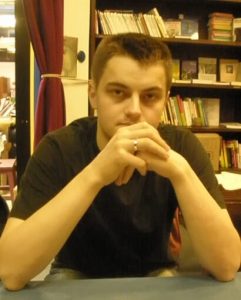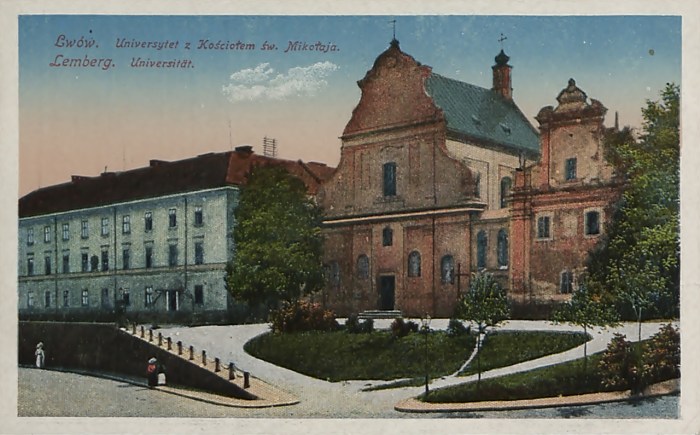Policultural Lviv as a Factor in the Origin and Development of Lviv’s School of Philosophy and Logic
Stepan Ivanyk
School of Social Studies at the Institute of Philosophy and Sociology of the Polish Academy of SciencesDecember 2, 2010 / 5.00 pm
Center for Urban History, Lviv
The theme of the presentation by Stepan Ivanyk inserts itself into research about one of the most important educational formations of the 20th century – the Lviv School of Logic. That intellectual formation functioned in Lviv in the period of 1895-1939 under the leadership of the renowned Polish philosopher Kazimierz Twardowski and on the level of the Vienna Circle (Moritz Schlick, Rudolf Carnap) and the British analytical school (George Moore, Bertrand Russell), and was one of the powerful centers of scientific philosophy in pre-war Europe. The author presents the phenomenon of Twardowski’s school, which until now has not garnered the attention of specialists, particularly from the perspective of Lviv’s polyculture character as the school’s cradle.
From the presenter’s point of view, one of the essential factors in the school’s creation and its further development was the unique symbiosis of culture, tradition and religion which characterized Lviv and all of eastern Halychyna at that time. The argumentation in the proposed thesis is two-fold: It lies in the demonstration of the multinational character of the school’s makeup (other than Polish representatives, there were also Jewish, Ukrainian and Austrian academics). It also looks at concrete examples (the philosophical concepts of Stepan Balei and Stepan Oleksiuk) of the influence Lviv’s polyculture had on the contents of philosophical ideas and its representatives. The result of research has led the author to the conclusion for the need to widen the perspectives in looking at Lviv’ School of Logic as a polycultural intellectual formation.

Stepan Ivanyk
has a doctorate from the School of Social Studies at the Institute of Philosophy and Sociology of the Polish Academy of Sciences. Currently he is preparing for publication a monograph about the Ukrainian branch of the Lviv-Warsaw School of Logic.
Credits
Сover Image: Lviv University (1850-1920)
